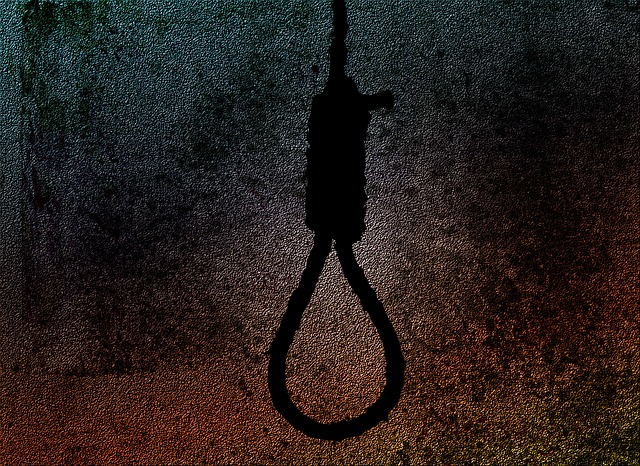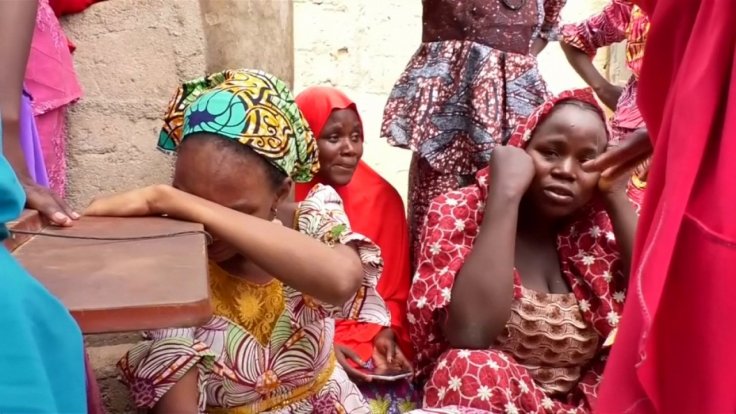Yahaya Sharif-Aminu was hardly known in Nigeria outside his community in the northern state of Kano. Now, this young musician who sang devotional songs has become a household name, not through popularity of his songs but because he has been sentenced to death by a Shariah court of the province.
The 22-year old belongs to the Tijaniya sect of Islam which was founded by a Senegalese preacher and has a substantial following among Muslims in West Africa. He was convicted by an upper Shariah court of the Hausawa Filin Hockey region in Kano state for blasphemy against Prophet Mohammad.
The Alleged Act
What would shock most people is the fact that the act of blasphemy for which he is ordered to be condemned to death does not involve any direct insult or disrespect towards the Prophet. Instead, the crime of Yahaya is that, in one of his songs, he praised an imam from his sect in a way that posited him as being greater than the Prophet.

After this song became known to people outside his community, a large number of protesters gathered outside his family's home and burned it down. Protesters also demonstrated in great numbers in front of the headquarters of Hisbah, the Islamic police meant to act in such cases.
Once he was arrested and produced before the Shariah court, Yahaya has not denied the charges against him. This may reflect his faith in his religious views. However, according to Shariah interpretation of Islamic law, equating anyone to Prophet Mohammad is among the gravest acts of blasphemy.
"It was the kind of judgment we hoped for when we arrested him," Lawan Muhammad, of Hisbah in Kano, said after the verdict. The head of the protesters against Sharif-Aminu, Idris Ibrahim, was even more exuberant.
"When I heard about the judgment, I was so happy because it showed our protest wasn't in vain. This (verdict) will serve as a deterrent to others who feel they could insult our religion or prophet and go scot-free," Ibrahim told the BBC.

Shariah Law in Nigeria
The northern region of Nigeria has a majority Muslim population. As many as 12 states in this region currently have Shariah law in effect and courts that apply it. This variant of the Islamic law was re-introduced in the country in 1999.
Punishments like amputation of limbs, flogging, and death by hanging have been handed out by them for acts regarded as criminal according to Sharia code. However, only non-Muslims can be tried in these courts. If a dispute involves a non-Muslim against a Muslim, then the Shariah courts only take over if the former agrees.
Death penalties have been handed out by these courts since their re-introduction but their implementation is very rare. In fact, only one person has been executed as per the orders of such courts since 1999. It was a person convicted of killing a woman along with her two children and he was hanged in 2002.
Yahaya's Hope
The verdicts of Shariah courts can be challenged in the secular courts of the country including the Supreme Court. Death sentences can only be carried out after the state's governor has given his assent.
Interestingly, the last death penalty ordered by a Shariah court in Nigeria was also to a follower of Tijaniya sect. This person too was held guilty of praising a leader of his own religious community, the founder of the sect in this case, in terms which held him to be greater than the Prophet.
The condemned man, Abdulazeez Inyass, was sentenced to death in 2016 but continues to be on the death row. This case and the option of appealing against the verdict in non-Shariah courts give Yahaya hope.









